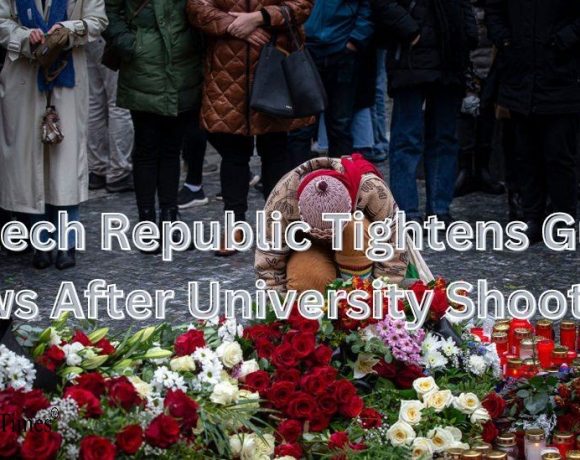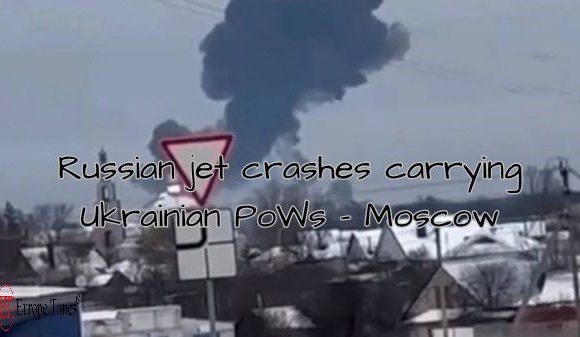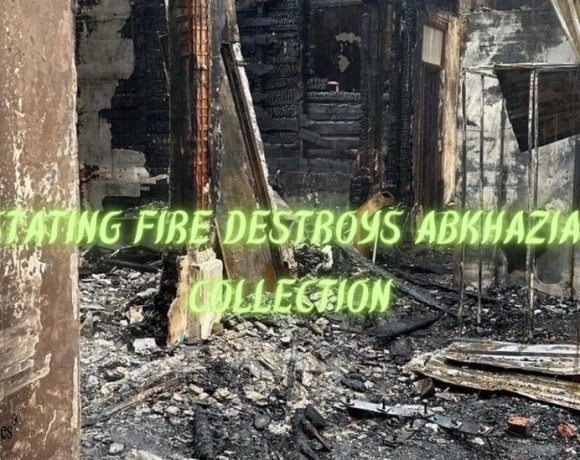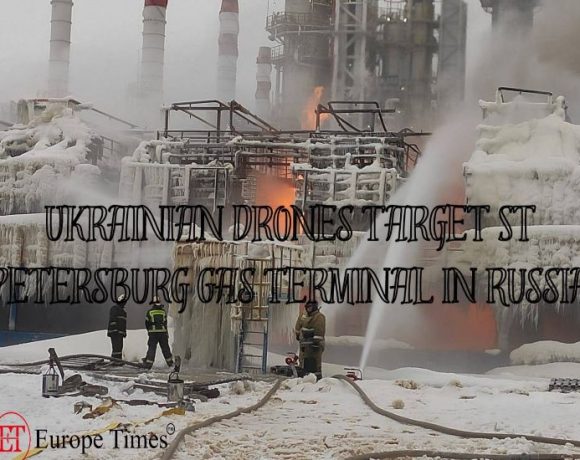
The Czech Republic has passed an amendment to its gun legislation, following the recent mass shooting at Charles University. The amendment, proposed prior to the incident, still needs approval from the senate and the president and won’t be effective until 2026. Despite being considered insufficiently transformative, the amendment aims to address loopholes that allowed the shooter, a licensed gun user, to amass eight legally-owned weapons, including an AR-10 semi-automatic assault rifle.
The shooter, a 24-year-old graduate student with a history of depression, killed 14 people on campus. The legal changes propose an updated online register of guns and owners accessible to doctors, including psychiatrists. Gun shops will be obligated to report suspicious purchases, and the system will flag individuals acquiring numerous weapons. Police will gain the authority to seize weapons preventatively, especially if the owners make threats on social media, a power currently unavailable to them.
However, mandatory psychological tests for gun licenses, common in other countries, will not be enforced. Czech doctors can request such tests but are not obligated to do so before signing license applications. The legislation may undergo further amendments in parliament, but the fundamental right to bear arms for self-defense, added to the constitution in 2021 amid EU attempts to restrict weapon possession, is unlikely to be altered. With over 300,000 licensed gun owners and a million guns in the country, the Czech Republic, known for hunting and biathlon, has a majority of licenses granted for personal protection rather than sports or hunting purposes. The necessity of such personal protection in cities like Prague and Brno remains unclear in one of Europe’s safest countries.
Picture Courtesy: Google/images are subject to copyright









